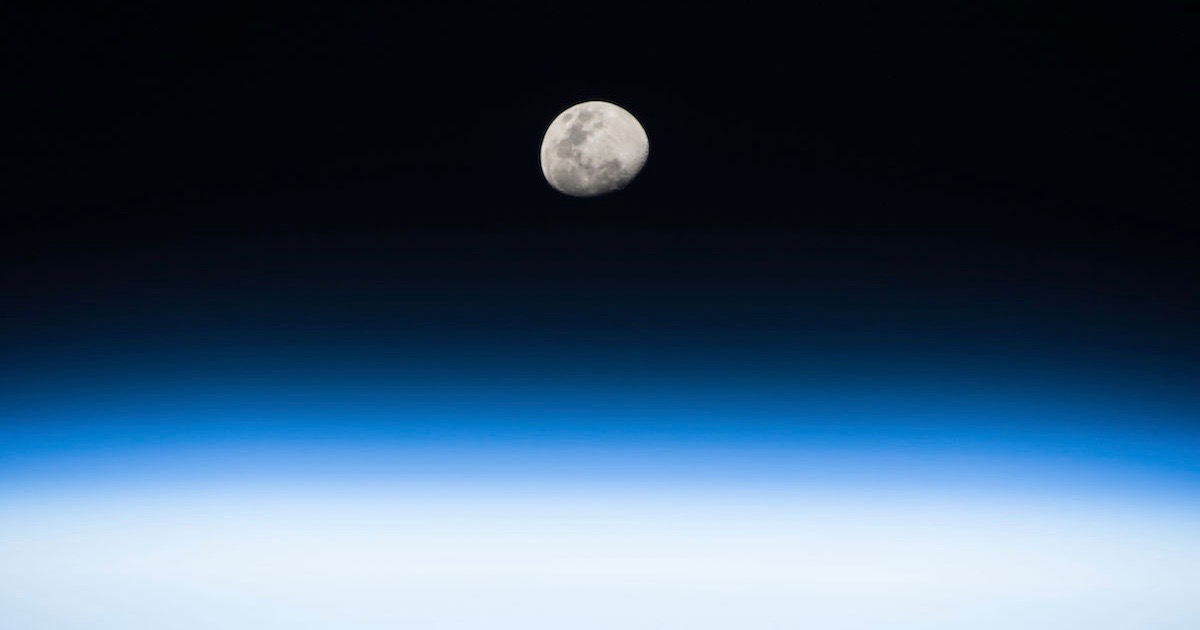 Neuroscience & Mind
Neuroscience & Mind
 Physics, Earth & Space
Physics, Earth & Space
Philosopher in NY Times: The Universe Has No Purpose, But We Can Pretend…

As I noted yesterday, materialist philosopher Joseph Carter wrote a fatuous essay for the New York Times philosophy forum The Stone in which he denies purpose in the universe and does an amusing dance around the implications that follow.
Carter claims (erroneously) that modern science has disproven teleology in nature:
The laws of physics are inherently mechanistic.
Except for quantum mechanics and relativity, which reveal space-time curving in gravitation, time slowing with velocity, light that travels with the same velocity irrespective of the velocity of its emitter or absorber, sinks of gravity so intense that neither light nor information can escape the undefined singularity at its core, the emergence of the entire universe from such a singularity, equivalence of energy and matter, potentiality collapsing to actuality at the atomic level, particles that are also waves, superposition of quantum states comprehensible only as alternate levels of reality, observer effects and quantum entanglement — “spooky action at a distance” in Einstein’s words.
Carter has confused “mathematical” with “mechanistic.” Mathematics certainly plays a role in modern science, but the universe that mathematics reveals is anything but “mechanistic.” What “mechanism” is a wave and a particle at the same time? What “mechanism” exists in an alternate level of reality of superimposed states until it collapses into actuality when observed? What “mechanism” is a black hole?
That’s what’s so shocking about 20th-century physics — it’s so un-mechanical, so un-mechanistic, so non-Newtonian. Carter seems not to have heard of physics after 1905.
He then prattles on about thermodynamics:
The second law of thermodynamics, for instance… The universe certainly started with a bang, but it likely ends with a fizzle. What’s the purpose in that, though? There isn’t one.
So where does Carter find purpose? You guessed it.
Anthropologists like Dean Falk recently suggested that goal-directed behavior is also evolutionarily advantageous. This doesn’t imply that evolution itself has a purpose, of course. (Though some have argued otherwise.) What it does suggest is that as purposeless as human evolution is, we generally benefit as a species from a belief in it… The 20th-century German philosopher and intellectualist Hans Blumenberg, in “Work on Myth,” provides a way to explain this curious concomitance of teleology and evolution with what he calls the “phantom body” of the development of civilization: “The organic system resulting from the mechanism of evolution becomes ‘man’ by evading the pressure of that mechanism by setting against it something like a phantom body. This is the sphere of his culture, his institutions — and also his myths.”
Our evolution-fabricated sense of purpose enables us to produce more offspring! Sex is always better if there’s a reason! Carter’s metaphysics is less suited to a discussion of philosophy of science than it is to a commercial for Cialis.
Carter’s materialist nonsense is regnant in modern science. The fundamental error is the denial of teleology in nature. This denial is not the result of any scientific data or of any informed scientific reasoning, nor of any coherent logic. Teleology was cast out of science by the early modern philosophers, most notably Bacon, who asserted that the proper goal of science was to manipulate and conquer nature, rather than to understand it in a metaphysical sense. To this end, scientists began to treat only truncated efficient causes, and not the traditional material, formal, and final causes of Aristotle, as pertinent to scientific investigation. From this emerged a mechanical philosophy, in which nature was seen as a machine (a clock was a favorite metaphor) and the efficient causes inherent to the machine were deemed the only important objects of study.
No evidence was ever presented that disproved final cause. Teleology was cast aside by stipulation, not by demonstration.
Teleology and Aristotelian metaphysics came roaring back in the early 20th century with quantum mechanics and relativity. And quantum mechanics is not the most striking example of teleology in science. Biological science is simply not possible without constant invocation of teleology. Biologists cannot even begin to understand DNA or mitochondria or hearts or brains or enzymes without inference to the goal or natural end of the thing. Biological science is not merely aided by inference to teleology. It cannot be done without profound and deliberate investigation of the telos of biological molecules and organs. “What is it for” is the fundamental and inescapable question in all biological research.
No explanation of nature — not in biology or physics or in any natural science — makes sense without recourse to final causes. Final cause – teleology — is the cause of causes.
So, given the obvious fact that the universe is permeated with teleology, what is the link between teleology and purpose in the universe and in human affairs? This was Carter’s topic in the essay, and the subject of a post tomorrow.
Photo credit: “Moon Rise from the Space Station,” by NASA.
